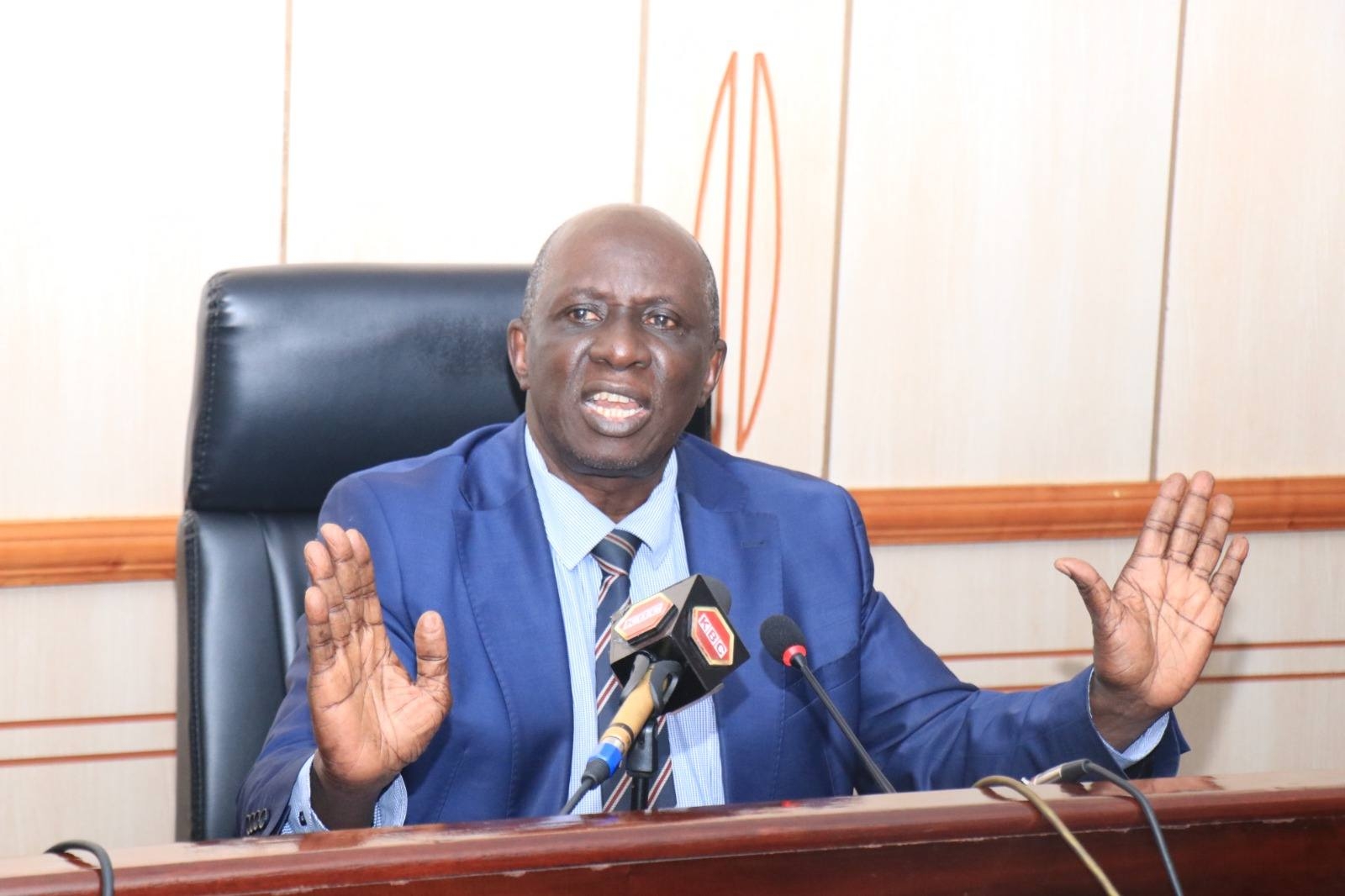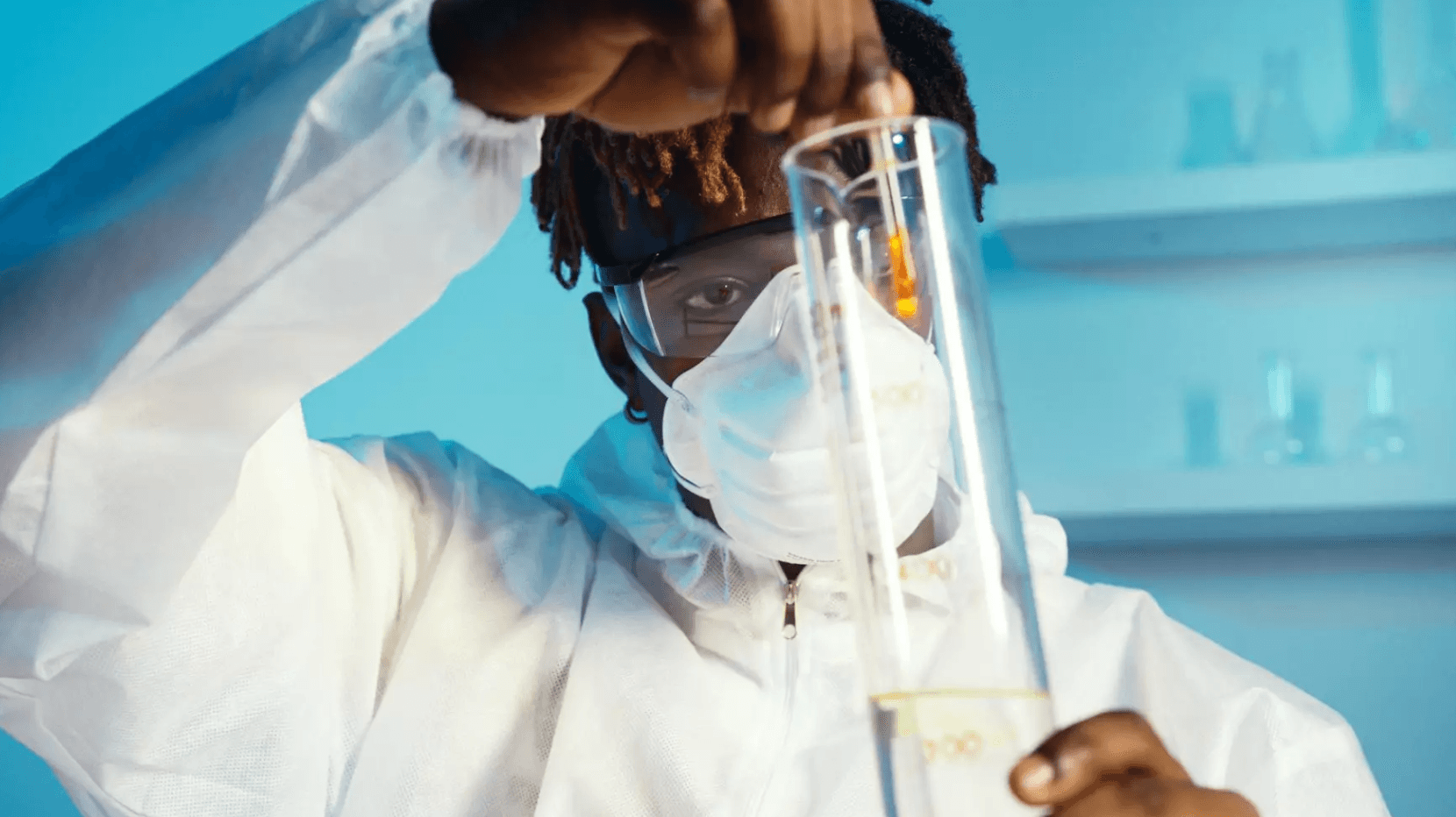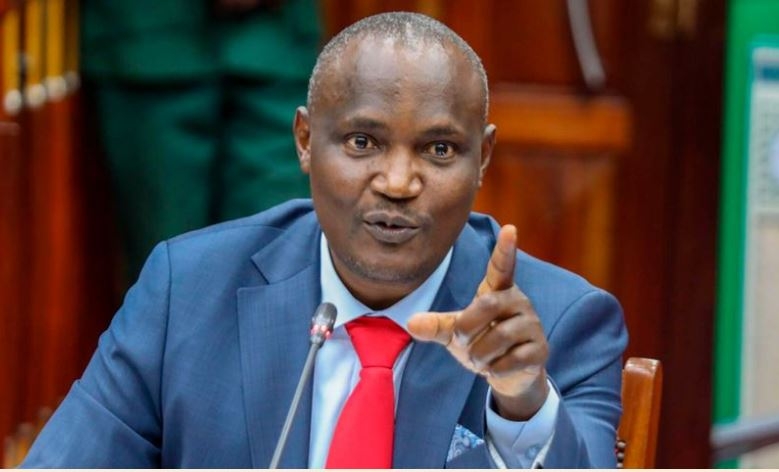On May 9, 2018, the Patel Milmet dam in Solai town, Nakuru county, burst amid heavy rains, killing 48 residents and destroying property worth millions of shillings.
The catastrophe brought into the national limelight the sleepy Solai town.
After the disaster, the area has recorded tremendous growth with Lake Solai being one of the gems that are changing the lives of residents.
The hitherto little-known Lake Solai is now expected to open up Solai town and its environs as the county government of Nakuru works around the clock to make this happen.
Lake Solai is a saltwater lake located near Solai town; it is one of the six lakes in Nakuru. The Tugen community predominantly occupies this area.
Nakuru county celebrated this year's World Tourism Day on Monday on the shores of the lake, with the leaders promising to invest and make Lake Solai a reputable tourist destination.
Nakuru is diversifying tourism as one of the strategies for promoting sustainable development, community empowerment and equitable distribution of resources.
The county government has already placed fish in the lake, from which the locals have started reaping economic benefits.
There are also two motorboats in operation. They have attracted local and international tourists to the lake.
Pink flamingos have started migrating there from Lake Nakuru and Lake Bogoria due to the rise of water levels for most of last year.
Residents say increased activities in the lake have started changing the area for the better. They are experiencing economic growth and other benefits.
Losa Murogo, a resident, says she has lived there since 1967. She operates an eatery on the banks of the lake where she sells local delicacies to visitors.
Murogo says she has experienced the slow but consistent growth of the Lake Solai ecosystem especially after the county government of Nakuru placed fish in the lake.
"We used to have few international tourists coming here once in a while; we would entertain them with traditional songs and sell our wares to them. Some of the money we got we used to help the local schools,” Murogo says.
“But due to more rains, the lake continued to swell. The county government of Nakuru placed fish in the lake and brought two motorboats. The number of tourists has grown tremendously since then. We are able to sell our wares and food and this has helped us a lot,” Murogo adds.
She thanks the county government and calls for more investment in Lake Solai, including a permanent market where they can sell their wares comfortably.
Nakuru has abundant but untapped water resources and the national government in collaboration with the county government is working to change this.
Nakuru Deputy Governor Eric Korir said the county government has placed fish in 29 other areas, including dams and lakes to support the blue economy and help communities improve nutrition.
“We want to promote the blue economy here in Solai so that we can uplift the livelihoods of our people not only in terms of money but also the quality of food they eat,” Korir said.
Nakuru Hotels and Tourism Association chairman David Mwangi said the county has the potential to grow the blue economy since out of the 17 lakes in Kenya six are in Nakuru.
“We would like to encourage investors around here including those who own land, that this is great potential that you have here. Invest in this ecosystem and for sure you will get returns on investment,” Mwangi said.
He said the county government will sensitise the community to environmental conservation so that they can preserve the resources they have.
Edited by Henry Makori












